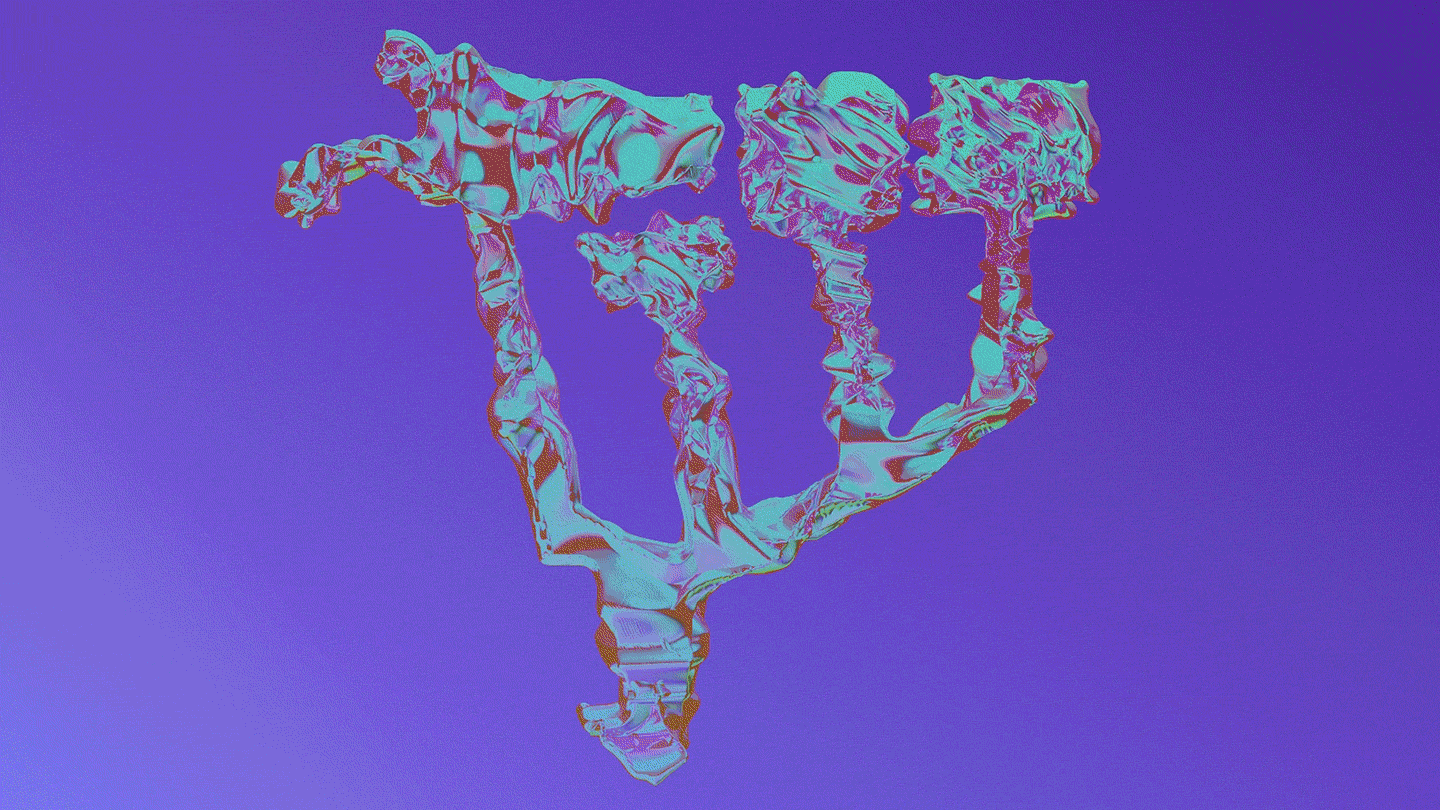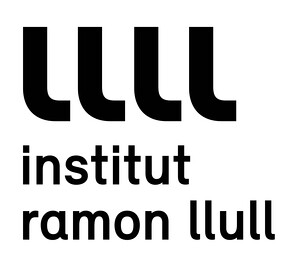Catalonia in Venice_Water Parliaments: Projective Ecosocial Architectures
Collateral Event of the 19th International Venice Architecture Biennale
May 10–November 23, 2025
Ramo del Zoccolo, Castello 40
30122 Venice
Italy
We inhabit an era marked by profound environmental and social transformations that compel us to rethink how we live with water. As part of the upcoming Catalonia in Venice_Water Parliaments: Projective Ecosocial Architectures exhibition at the Architecture Biennale 2025— and continuing at the UIA World Congress of Architects 2026 Barcelona— we launch an international Open call for the ATLAS of Water Architectures.
This call is the heart of the project Water Parliaments: Projective Ecosocial Architectures and invites architects, artists, scholars, independent researchers, activists, institutions, and organizations globally to submit existing, built, speculative, or future-oriented projects that interrogate and reimagine our collective relationship with water. By bringing these works into dialogue, the ATLAS aims to stimulate informed discussions and foster international collaborations towards more sustainable water futures. The initiative seeks to build a critical, international repository that foregrounds ecosocial perspectives, celebrating practices that challenge dominant paradigms and propose transformative visions for water management and architecture.
Join the dialogue and participate in the global movement here.
The exhibition Catalonia in Venice_Water Parliaments: Projective Ecosocial Architectures transforms a historic space dedicated to shipbuilding into a water parliament. At the entrance, a short film presents the seven issues that frame the case studies of the exhibition, placed in Catalonia, Balearic Islands, Valencia and the world. After the screening there’s a tensioned fabric membrane suspended within the building’s structure. The staging of fog cycles transforms the space into a changing atmosphere. The interaction between the fog and the tensile fabric generates a multisensory play of lights and shadows.
Inside, seven installations emerge—the “Projective Architectures”—which take center stage, materializing in full-scale models, prototypes, and narrative sculptures. Each installation embodies a critical response to pressing ecological and social challenges related to water management, articulating visions that intertwine speculative design, community activism, and ecological stewardship. Data Fountains, Sediment Saloon, Hydric Doors, Pyrineucus-Eco-Hydrator, Denomination of Destination, Aquifer Communities and Waters of the World address different but interconnected themes, from urban water governance and sediment management to climate resilience, sustainable forestry and global food extractivism. These totems act as instruments that promote urgent reflection, critical discussion and the active participation of communities, architects and policymakers.
Curated, designed and produced by Eva Franch i Gilabert, Mireia Luzárraga and Alejandro Muiño, and organised by Institut Ramon Llull, Water Parliaments: Projective Ecosocial Architectures explores the fundamental role of water as a vital resource and cultural agent, addressing climate crisis through architecture, interdisciplinary research and innovative design. The proposal champions architecture as a tool for critical speculation and collective action.
The access to Catalonia in Venice_Water Parliaments does not require accreditation. The exhibition is open to public from May 10 to November 23. Tuesday–Sunday. May 10 to September 28, 11am–7pm. September 29 to November 23: 10am–6pm.
Press preview: May 8 at 4pm. Please confirm: ana.varea [at] patinunezagency.com.
Press inquiries
Institut Ramon Llull: Cristina Estrada cestrada [at] llull.cat, Gavina Garcia ggarcia [at] llull.cat / Pati Nunez Agency (International PR): Ana Varea ana.varea [at] patinunezagency.com.

